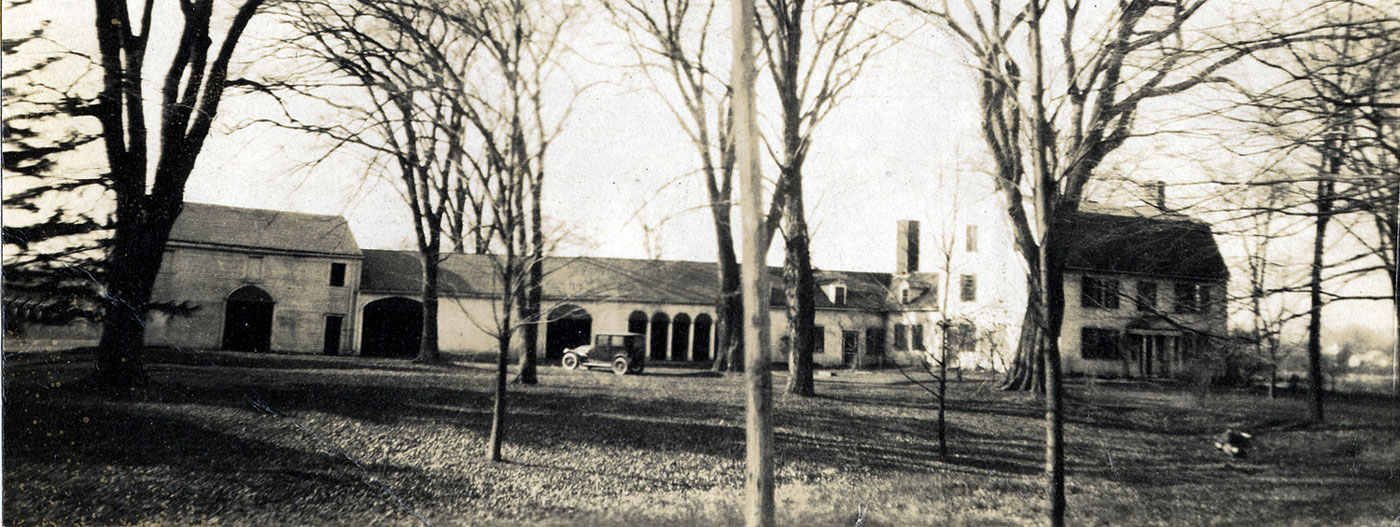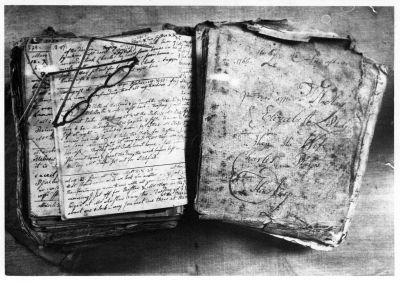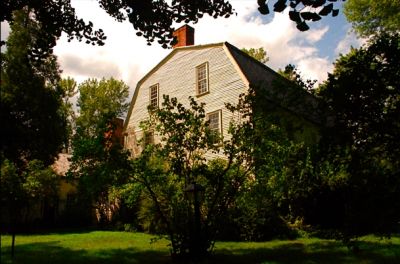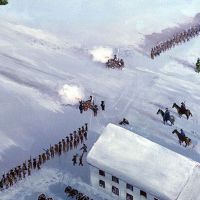However exalted her social position, Elizabeth Phelps was still a farmer's wife, and the work she did to turn raw materials into goods for use or sale was essential to the family's well-being. One sign of the Phelpses' wealth was the size of their dairy herd. Well into her sixties, Elizabeth was still spending much of her time and energy in the dairy barn. Her skills as a cheesemaker were renowned. In 1805 she reported to her daughter: "I rose this morning before four . . . it is now toward 11 and my cheese will soon be ready to chop the last time, we make more than we ever did . . . Cheese, cheese, hay, hay, cooking cooking, . . . churning every other day sometimes."
Within a few decades, it would be hard to find a well-to-do rural woman who spent her days this way. Many literally moved away from the farm, as both of the Phelpses' daughters did. (One married a storekeeper and the other a minister.) By the mid-1800s, women of means were relying on domestic servants, often young women fleeing poverty in Ireland, to perform chores Elizabeth Porter Phelps and her contemporaries considered the responsibilities of a wife and mother.
Elizabeth Phelps died in 1817 at the age of 69. The year before, her daughter Betsey Huntington had returned to live at Forty Acres with her minister-husband and their 11 children. The Huntingtons sold off pieces of the farm to provide for their offspring, most of whom chose to pursue professional careers. After Betsey Huntington's death in 1855, her youngest son turned the house and remaining acreage into a "gentleman's farm." Family members gathered there for summer vacations,and over time the property deteriorated. In the 1920s, James Lincoln Huntington, a prominent Boston physician, began turning the house into a showplace of the Colonial Revival movement. In 1949 he established the Porter-Phelps-Huntington House Museum at Forty Acres; he led many of the tours himself.







